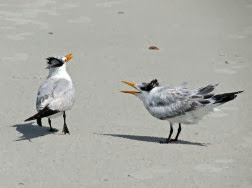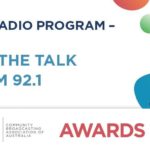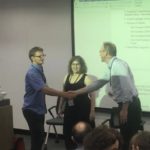Could language have evolved from birdsong?
A new paper suggests that human language shares features with both the tweeting of our feathered friends, and the buzzing of bees. How might early humans have combined them to make language?
Linguist Daniel Midgley catches the buzz on this episode of Talk the Talk.
Listen to this episode
You can listen to all the episodes of Talk the Talk by pasting this URL into your podlistener.
http://danielmidgley.com/talkthetalk/talk_classic.xmlWhat do you get when you combine the expressiveness of birdsong with the propositional content of bees (and maybe some other things)? Would you get language? That’s the idea that Ben and I are addressing in this episode. I also found a study that shows some eerie parallels between bird brains and human brains. We keep chipping away at this ‘language origins’ thing.
Best of all, Ben found a curious language-related topic which we’re going to treat in our next episode. Stay tuned!
Show notes
Human language could have the same origin as birdsong through the combination of expression and lexical meaning.
http://phys.org/news/2013-02-human-language-evolved-birdsong.html
The original paper
http://www.frontiersin.org/language_sciences/10.3389/fpsyg.2013.00071/abstract
Fitch makes the case for the vocalisation hypothesis.
http://languagelog.ldc.upenn.edu/nll/?p=1136
The dance of honeybees has propositional content.
http://www.youtube.com/watch?v=-7ijI-g4jHg
How many tweets are possible?
http://what-if.xkcd.com/34/
And bird tweets come from a similar part of the bird brain as human language does in human brains.
http://www.sciencenews.org/view/generic/id/348340/description/Bird_human_tweets_come_from_similar_parts_of_the_brain









